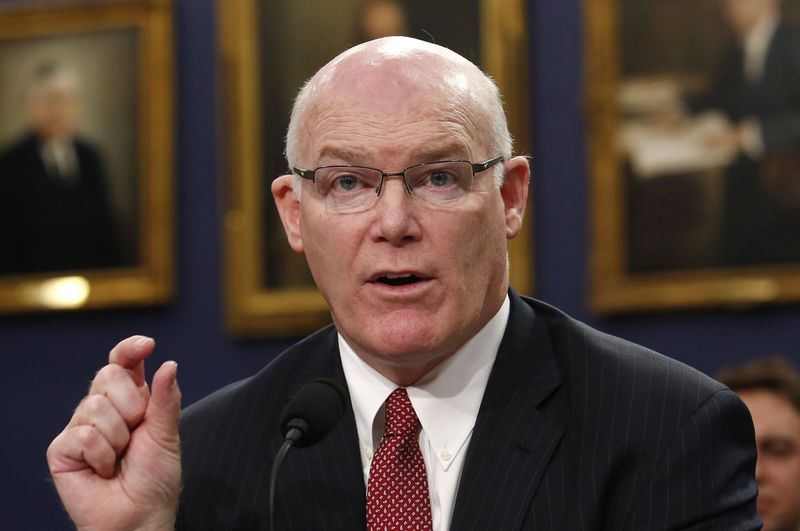By Lisa Lambert
WASHINGTON (Reuters) - The U.S. Secret Service director was grilled by lawmakers on Tuesday who demanded to know why the agency, entrusted with the president's safety, was not taking action on agents accused of drunk driving on the White House grounds.
Joseph Clancy, picked by President Barack Obama last month to turn around the country's top security service after a series of problems, told a House of Representatives committee that he has no power to fire officers at will.
He said he would not take action until the Department of Homeland Security's inspector general completes an independent investigation of the March 4 incident.
Republican Representative Hal Rogers, chairman of the House Appropriations Committee, called that response "hogwash."
"I don't care about the office of inspector general. ... You're in charge," said Republican Representative Hal Rogers, chairman of the House Appropriations Committee. "We want to get to the bottom of it right away and I'm disappointed that you have not waged your own vigorous, tough investigation of this."
Clancy also asked the panel for $8 million to construct a White House replica for training at a Secret Service facility.
The hearing had been scheduled to discuss the Secret Service's budget, but the recent incident dominated, with lawmakers calling for discipline and punishment.
The agency, tasked with protecting national and visiting foreign leaders, and conducting criminal investigations, has been blemished by recent security lapses, most notably the incursion of a knife-wielding man into the White House, and other scandals. (http://www.secretservice.gov/)
On March 4 two officers drove through police tape and barricades at the White House and into an area locked down because of a suspicious package, according to The Washington Post.
Clancy said he only learned about the incident five days later from an anonymous report. There was no written record made at the time and many details are hazy.
The two senior agents involved have been assigned to desk jobs.
"I know our workforce is listening today as we go through this hearing and they're waiting to see how people are going to be held accountable," he said. "This is my first test."
Getting employees to report misconduct to managers, "up the chain of command," will take time, he added.
Clancy said the service has been increasing ethics training, hiring more staff, and addressing employees' alcohol abuse.

In the afternoon Clancy will meet with members of the House Judiciary and Oversight Committees about the incident, as well.